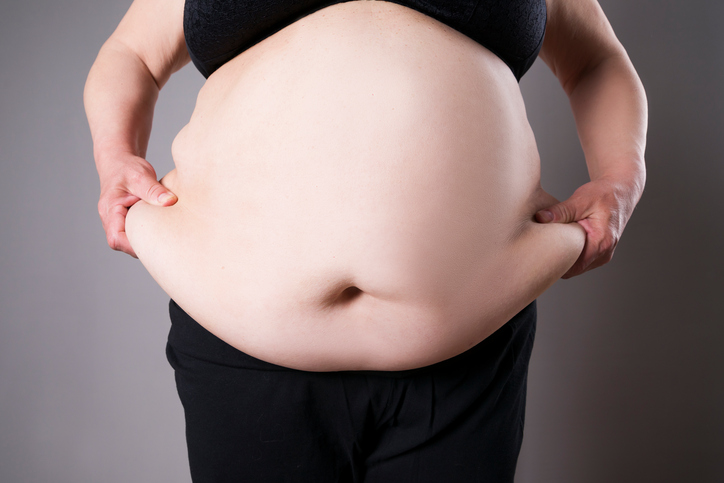When Maybin and her colleagues measured the body mass index (BMI) and menstrual blood loss of 121 women with regular menstrual cycles, they found that as BMI increased, so did menstrual blood loss. (BMI is a measure of weight in relation to height.) The relationship was weak, but still statistically significant after controlling for other factors that may affect blood loss during menstruation, she said.
The team conducted a companion study in mice to get a better handle on why higher BMIs might cause heavier periods. Mice fed a high-fat diet had significantly greater body weight than those on a normal diet. After shedding their uterine lining, the mice on a high-fat diet showed delayed repair of the remaining lining and greater levels of inflammatory markers than mice on a normal diet did.
More research is needed to confirm the findings, but weight loss and anti-inflammatory medications may lighten monthly periods in obese women.
“A common-sense approach would be to offer weight-loss support to women experiencing heavy menstrual bleeding with a high BMI as part of their treatment,” Maybin said.
There are other causes of heavy menstrual bleeding, including bleeding disorders, fibroids or other abnormal growths in the uterus, she noted.
“It is important to emphasize that [weight loss] should not replace investigations and treatment of [other] underlying causes for their heavy periods,” Maybin added.
The study was published April 9 in the Journal of Endocrinology.
Dr. Andrea Dunaif is a professor of medicine at the Icahn School of Medicine at Mount Sinai and chief of the Division of Endocrinology, Diabetes and Bone Disease at the Mount Sinai Health System in New York City. The new findings mirror what she sees in her practice.
Heavy and irregular periods are more common in women with higher BMIs, said Dunaif.






